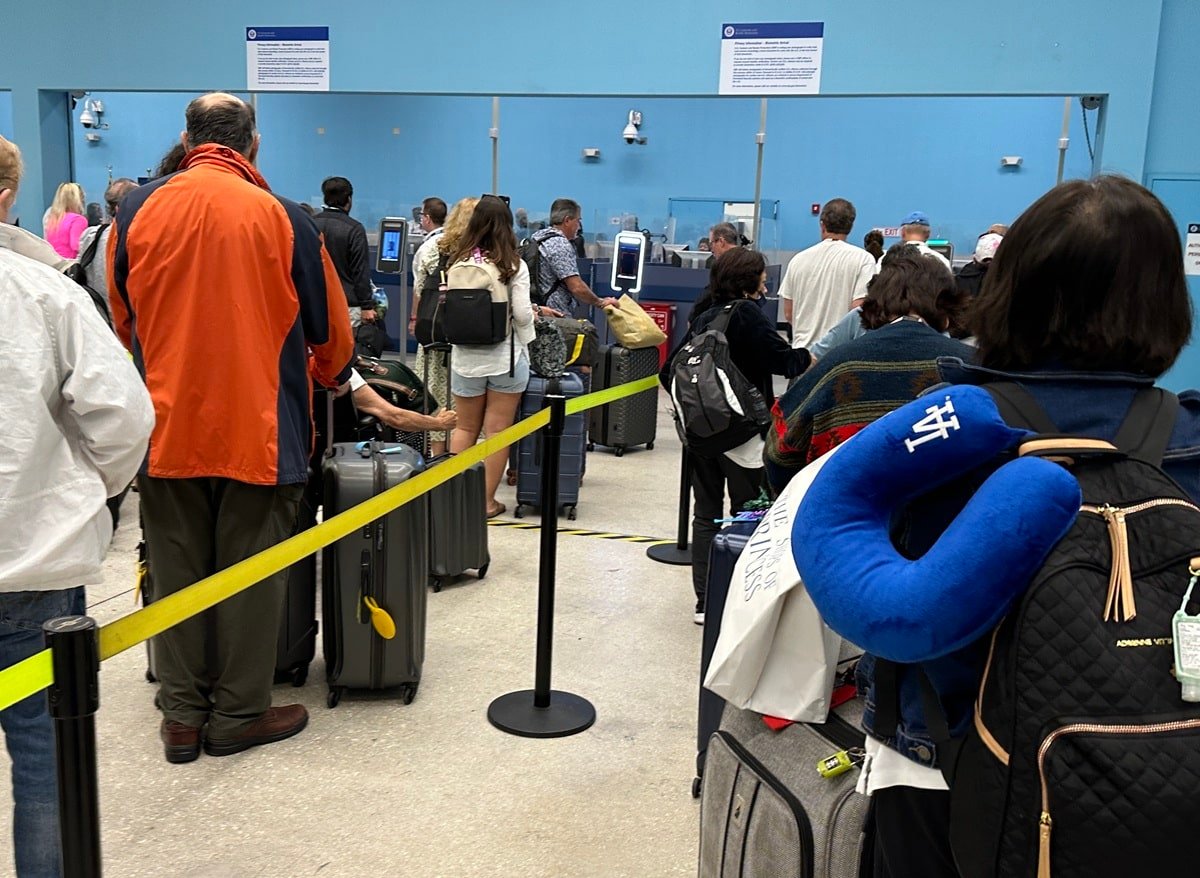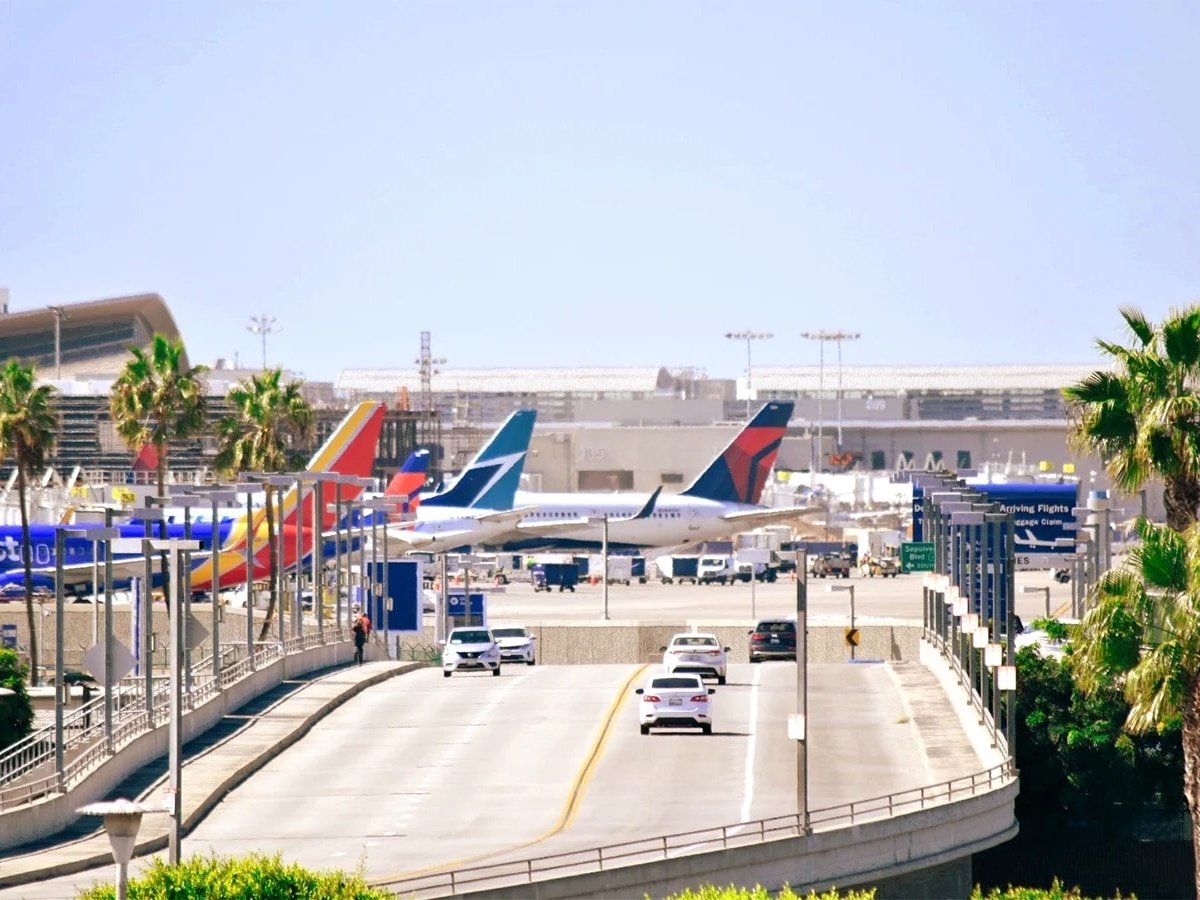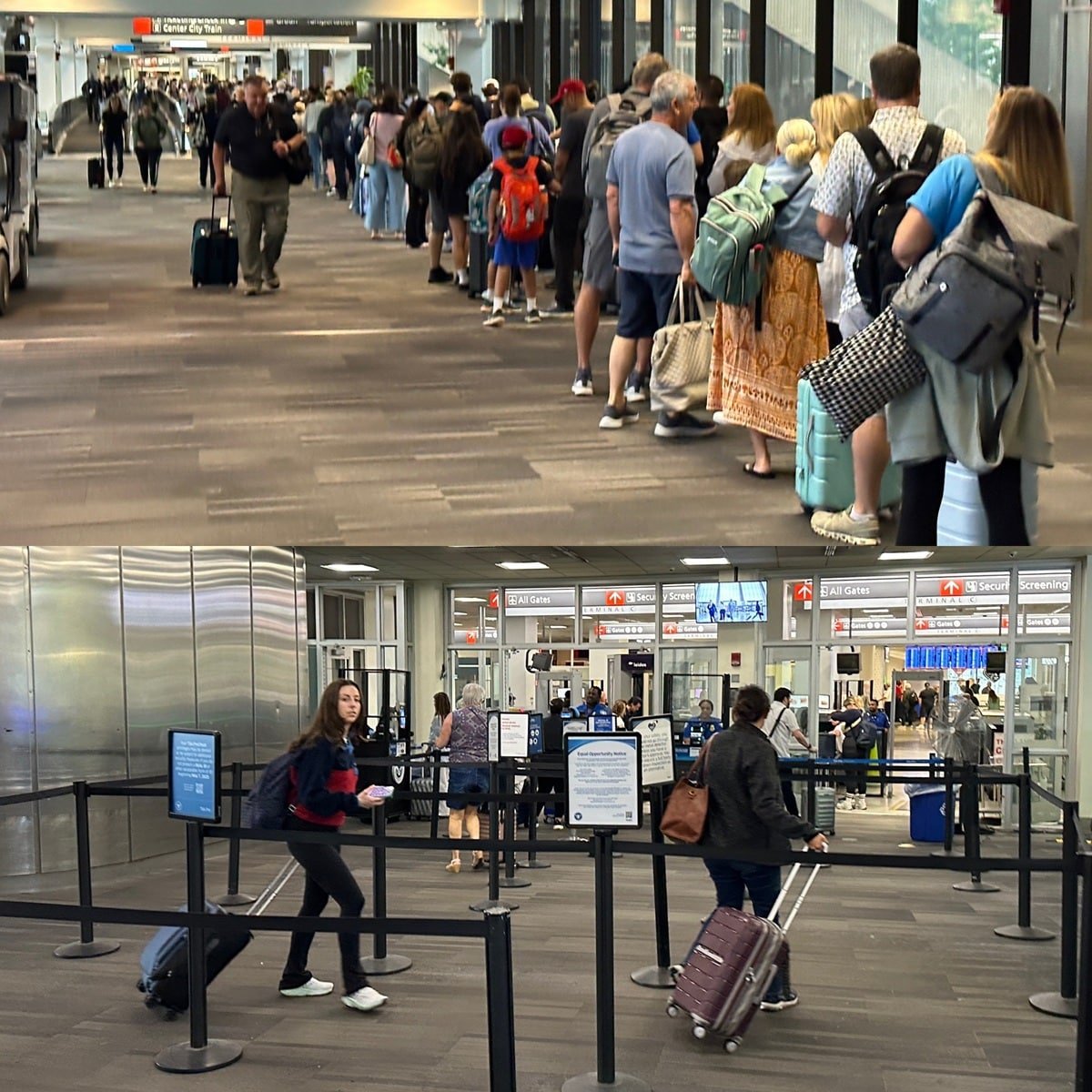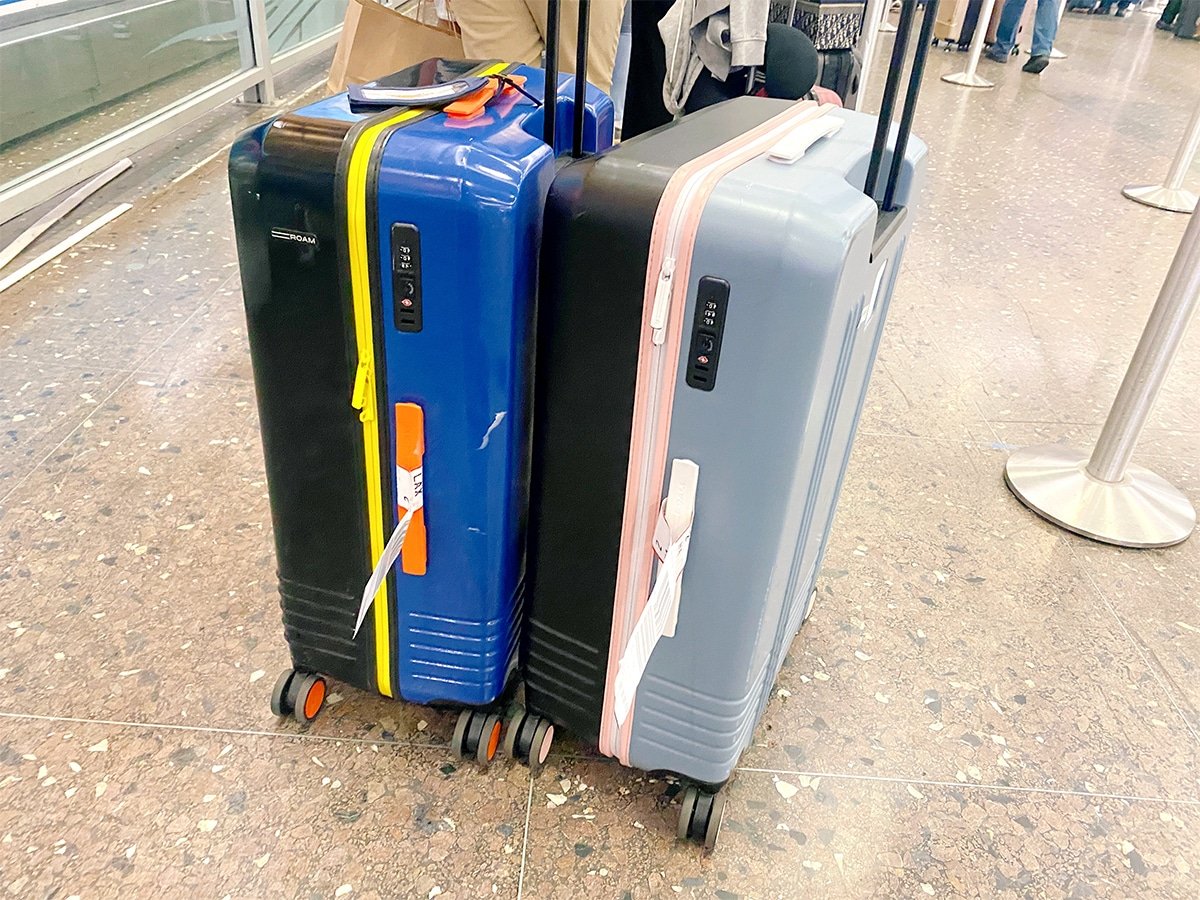Yesterday, I did an interview with NewsNation about what the future of travel could look like after the International Civil Aviation Organization (ICAO) announced that it’s rolling out a “digital travel credential.” This shift is expected to be so transformative that Valérie Viale, director of product management at travel tech company Amadeus, told The Times, “This is the biggest shift we’ve seen in half a century.” Here’s what air travel could look like in just a few years.
 The ICAO, a United Nations agency that sets global aviation standards, is overhauling how we travel. The new digital travel credential will allow passport details to be securely stored on smartphones. Combined with facial recognition, this means passengers could breeze through airports without ever pulling out their phone or physical passport.
The ICAO, a United Nations agency that sets global aviation standards, is overhauling how we travel. The new digital travel credential will allow passport details to be securely stored on smartphones. Combined with facial recognition, this means passengers could breeze through airports without ever pulling out their phone or physical passport.
Checking in online or at the airport? That could soon be a thing of the past. Instead, passengers will receive a “journey pass” on their phones when they book a flight, one that updates in real time with flight changes, seat updates, hotel or car rental details and more.
To make this possible, airports will need to upgrade infrastructure with facial recognition systems and technology that can read digital passports from mobile devices. As Viale explained, “Most airline systems haven’t changed in over 50 years because the entire industry has to operate in sync and everything needs to work together seamlessly.”
She added, “The last upgrade of great scale was the adoption of e-ticketing in the early 2000s. The industry has now decided it’s time to upgrade to modern systems that are more like what Amazon would use.”
Her reference to Amazon is telling. Just like how the Amazon app lets users track deliveries in real time, unlock lockers via Bluetooth and receive up-to-the-minute updates, the travel industry wants to offer that same kind of seamless, tech-enabled experience. But given the complexity of global travel (connecting flights, disruptions, airport systems around the world), it’s a much bigger challenge.
Naturally, some travelers are raising privacy concerns. However, the system is supposedly being designed with strict data safeguards. No personal data would be be stored at airport touchpoints and facial recognition would only be used to verify your ID. The systems would also erase all data within 15 seconds of each scan. Privacy advocates are watching closely, but the emphasis on trust and transparency will be critical to public adoption.
Many airports are already using biometrics to speed up travel. Just a few months ago, my family and I were leaving Australia for Los Angeles and went through an unmanned immigration checkpoint. You scan your passport, the first gate opens, a camera takes your photo and the second gate opens.

We had a similar experience when we disembarked from a Princess Cruise in Fort Lauderdale (here’s the story). Customs and Border Protection used biometrics to process thousands of passengers at once. The line looked long but it never stopped moving.
This kind of experience may soon become the norm at airports worldwide.
Watch my full segment on NewsNation here:

KEEP READING
–Did you know your electronic devices should always be charged when going through security?
–The travel gadget flight attendants never leave home without
–Going on a cruise? Be sure to bring this
–The genius phone hack to try when your plane doesn’t have an in-flight entertainment system
–Travel hack: How to use your wireless headphones to watch in-flight movies
Want more travel news, tips and deals? Sign up to Johnny Jet’s free newsletter and check out these popular posts: The Travel Gadget Flight Attendants Never Leave Home Without and 12 Ways to Save Money on Baggage Fees. Follow Johnny Jet on MSN, Facebook, Instagram, Pinterest, and YouTube for all of my travel posts.




My phone battery never dies… except when I need it. Murphy’s Law loves complex systems.
Although I don’t like to admit it, even to myself at 76 I’m amongst the elderly. Been traveling for business / pleasure over 50 years – not unusual for wife and I to be on flights several times a month still. I would look forward to a streamlined, simplified system that is even uniform throughout the world. Here’s hoping.
What about travelers who, for whatever reason, don’t own a Smaŕtphone? How does it affect them?
That’s a great question and I was wondering the same thing. Will update when I find out.
Sounds great, as long as it works!
What about people who do not have smartphones? (I’m thinking mostly about the elderly. But also about people who have have their phones lost or stolen…a not insignificant percentage of travelers, of course)
That’s a great question and I was wondering the same thing. Will update when I find out.